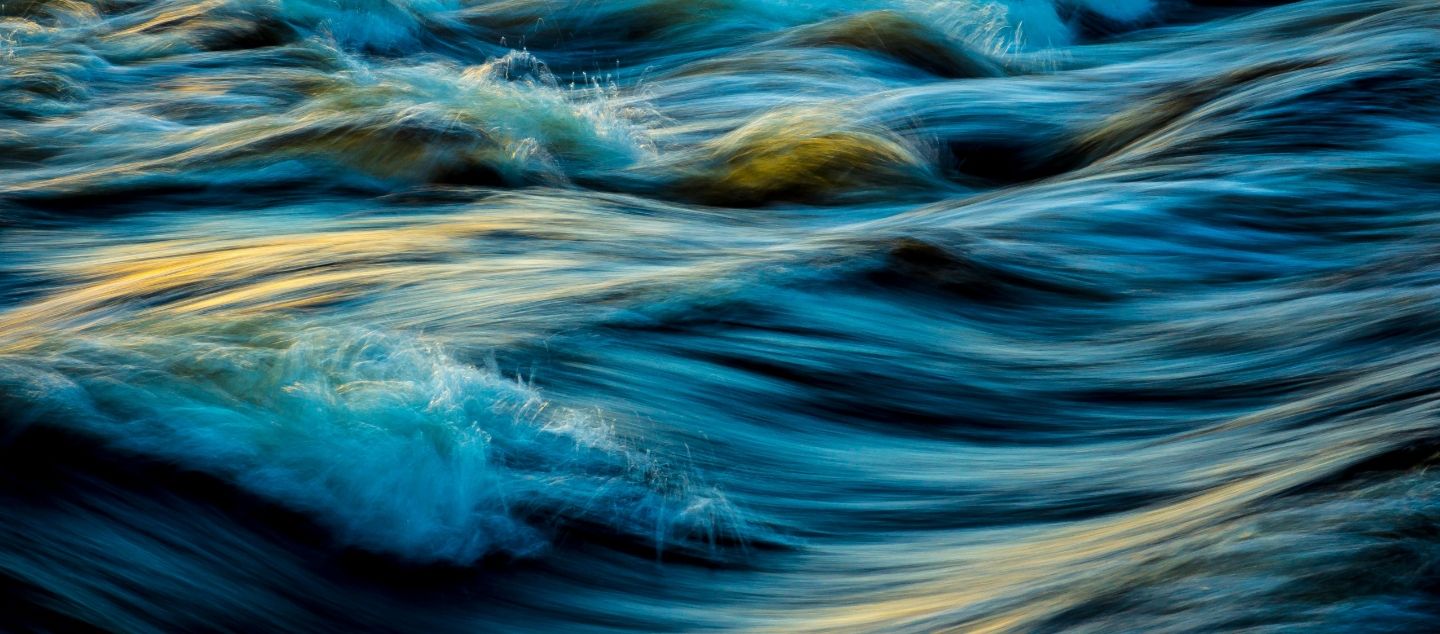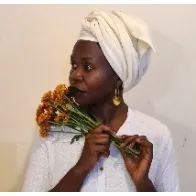Rivers of Relating: With Wangũi wa Kamonji and Pat McCabe (Woman Stands Shining)
Rivers are sites of relation. Always in motion, they shape and are shaped by the landscapes they touch; moving through ecosystems, nourishing life, and carrying stories. They are pathways of healing and renewal, yet they also have the power to erode, dissolve, and disrupt the calcified myths of modernity: myths of separation, ownership, property, and control.
In the third and final webinar of this series, we turn towards the gentle and fierce strength of rivers, learning from their capacity to move with and within relational flows. What might it mean to let water teach us how to live differently, not only in harmony with the sacred, ancestral wisdom we inherit, but also in direct engagement with the hardened narratives of late-stage capitalism and modernity?
Wangũi wa Kamonji and Pat McCabe invite us to explore rivers as relations, gesturing towards places where ‘unlikely allies’ emerge as water flows into new and strange fields, connecting diverse practices and ideas.
There is no escaping relation - how might we learn to relate differently, not just to the sacred, ancestral wisdom that we inherit, but also to the hardened myths of late-stage capitalism and modernity? How might we adopt a posture of receiving the paradoxical lessons of water, tending to our part as a portion of the whole?
This webinar is the third in a three-part series on rivers, hosted with ten (The Emergence Network)
Rivers flow, shape landscapes, and sustain ecosystems. They have shaped civilizations, serving as cradles of culture, trade routes, and sources of spiritual significance. Across time, rivers have been sites of power struggles, symbols of freedom and migration, and spaces of ritual and renewal. Yet, in a world shaped by human-centered ways of knowing, rivers—both as physical entities and as metaphors—are often reduced to mere resources, named, owned, and controlled. How might we reimagine power, freedom, and ritual through the wisdom of rivers? How can we learn from their movement, fluidity, and resistance? What more opens up when we move away from the way rivers have been framed and understood from a perspective steeped in modernity?
Inspired by Dilip da Cunha’s book, The Invention of Rivers, which invites us to consider that “to 'see' a river as delineated by a line parsing water from land is a choice about how to see,” we offer this series of conversations as an opportunity to “see” the concepts of power, freedom and ritual through other eyes. Rivers of Becoming is a three-part interactive webinar series that brings together thought leaders, wisdom-keepers, and practitioners to offer participants potentially revelatory insights emerging from their diverse worldviews and life experiences. Hosted by advaya and ten (The Emergence Network), this series invites us to shift our perspectives, weaving together ideas and embodied practices.


